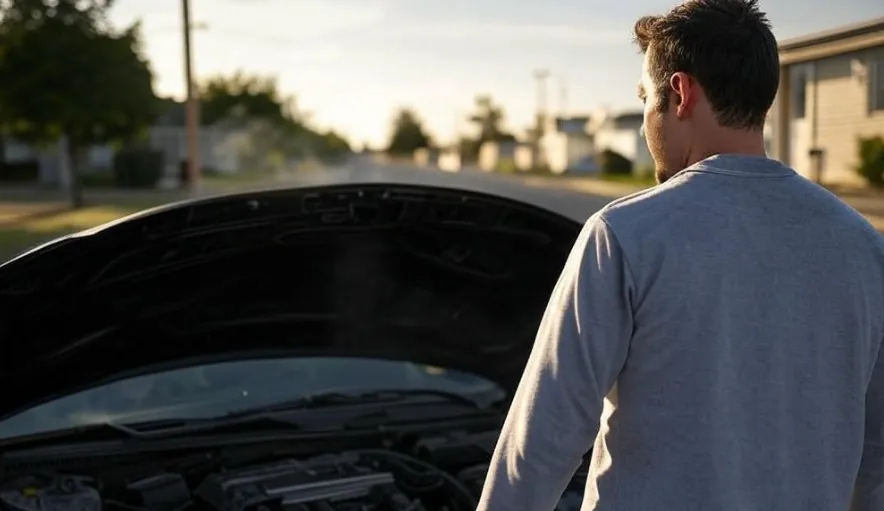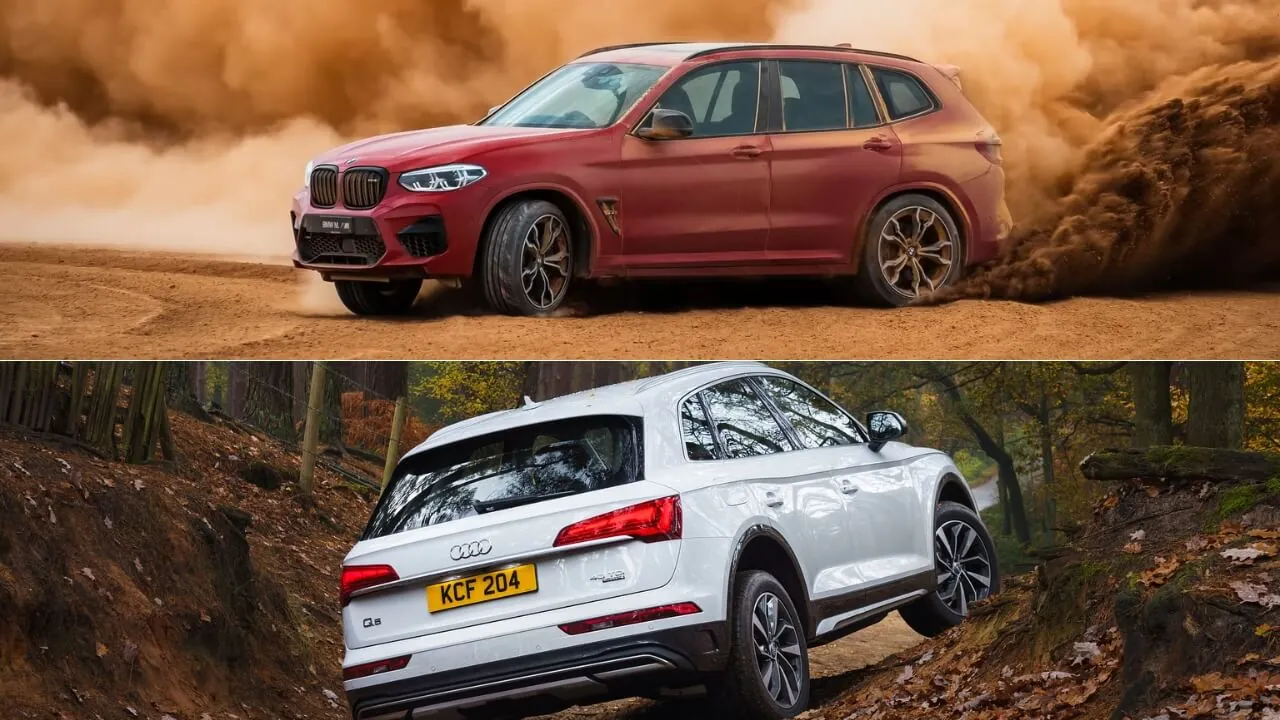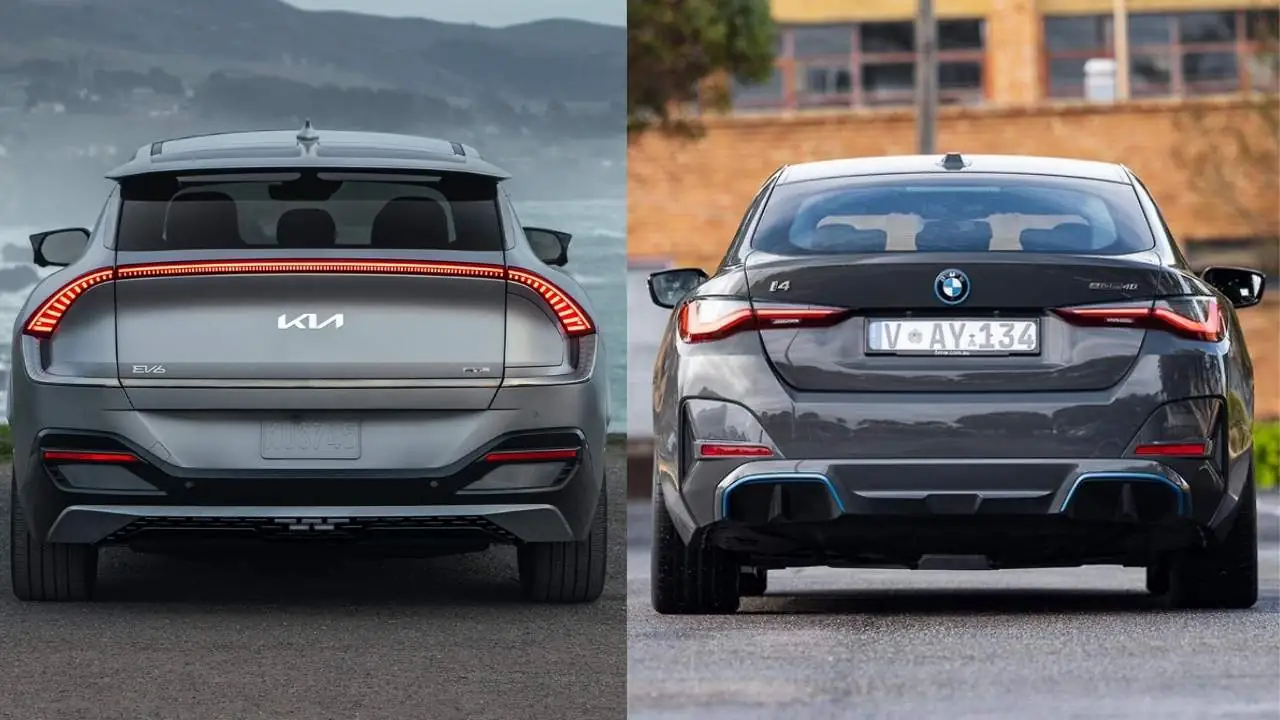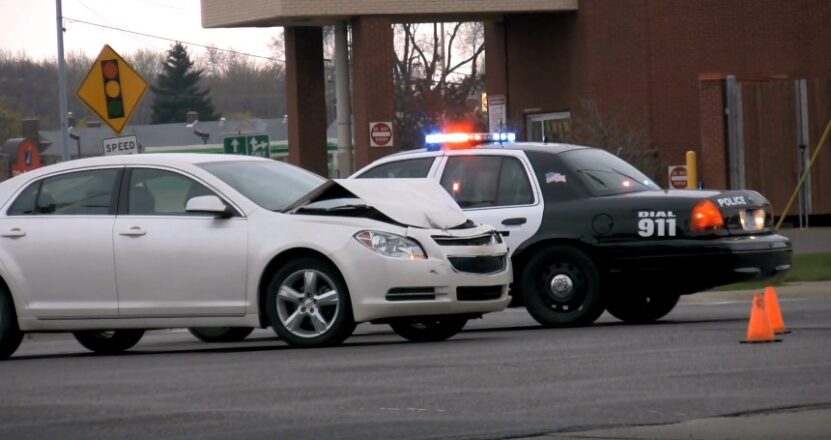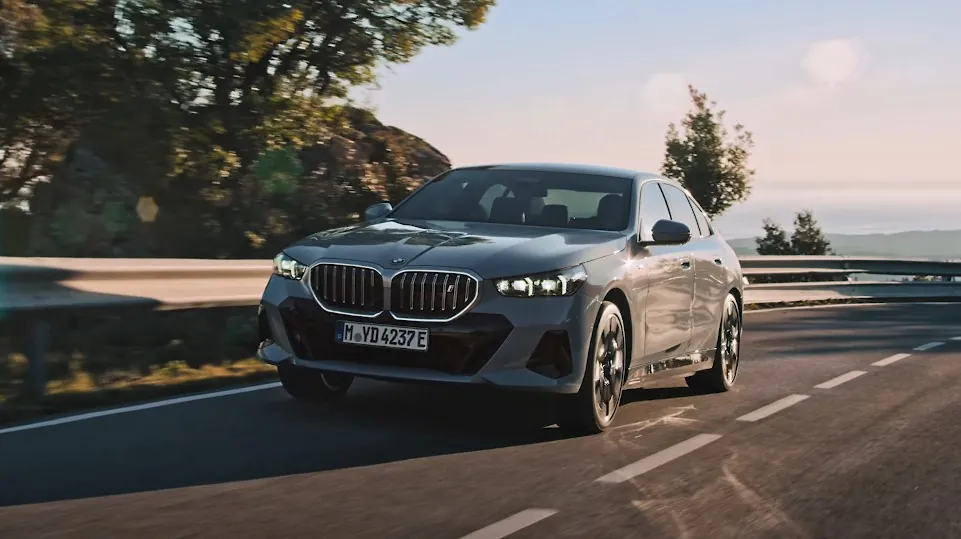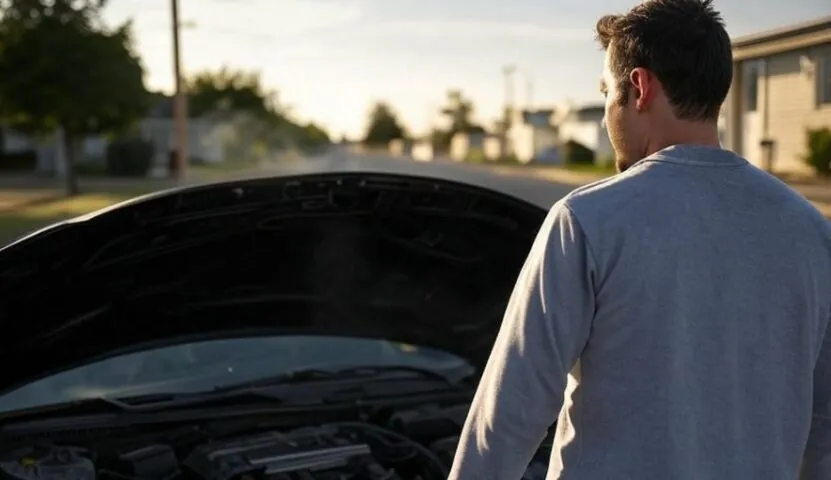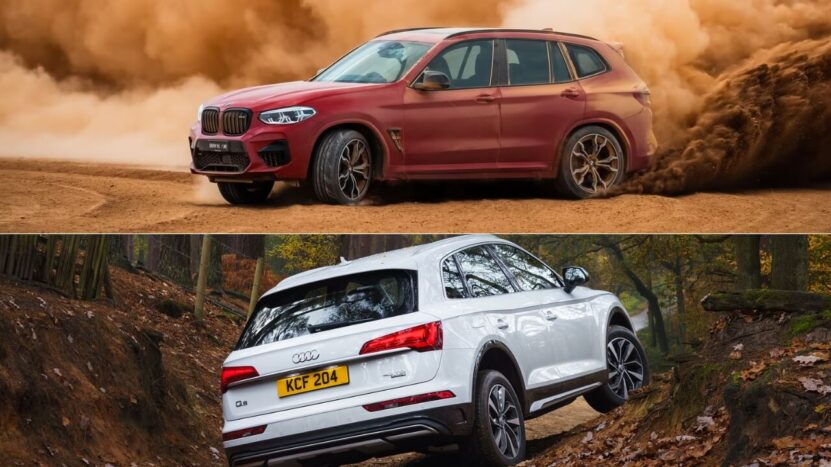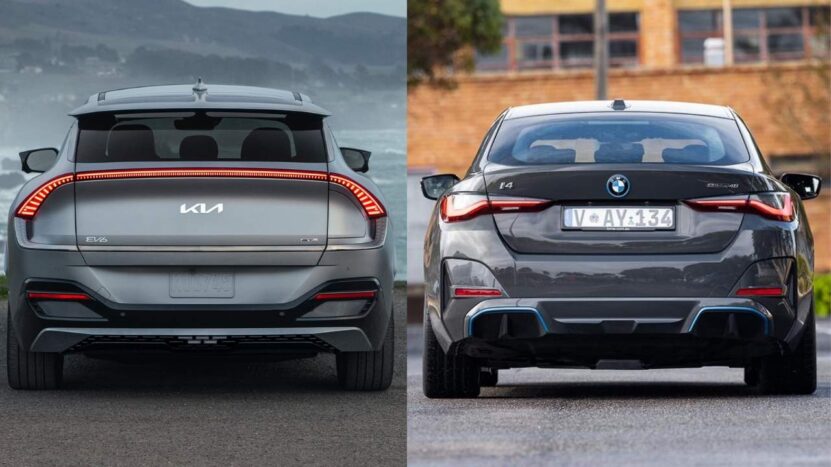
Share Post:
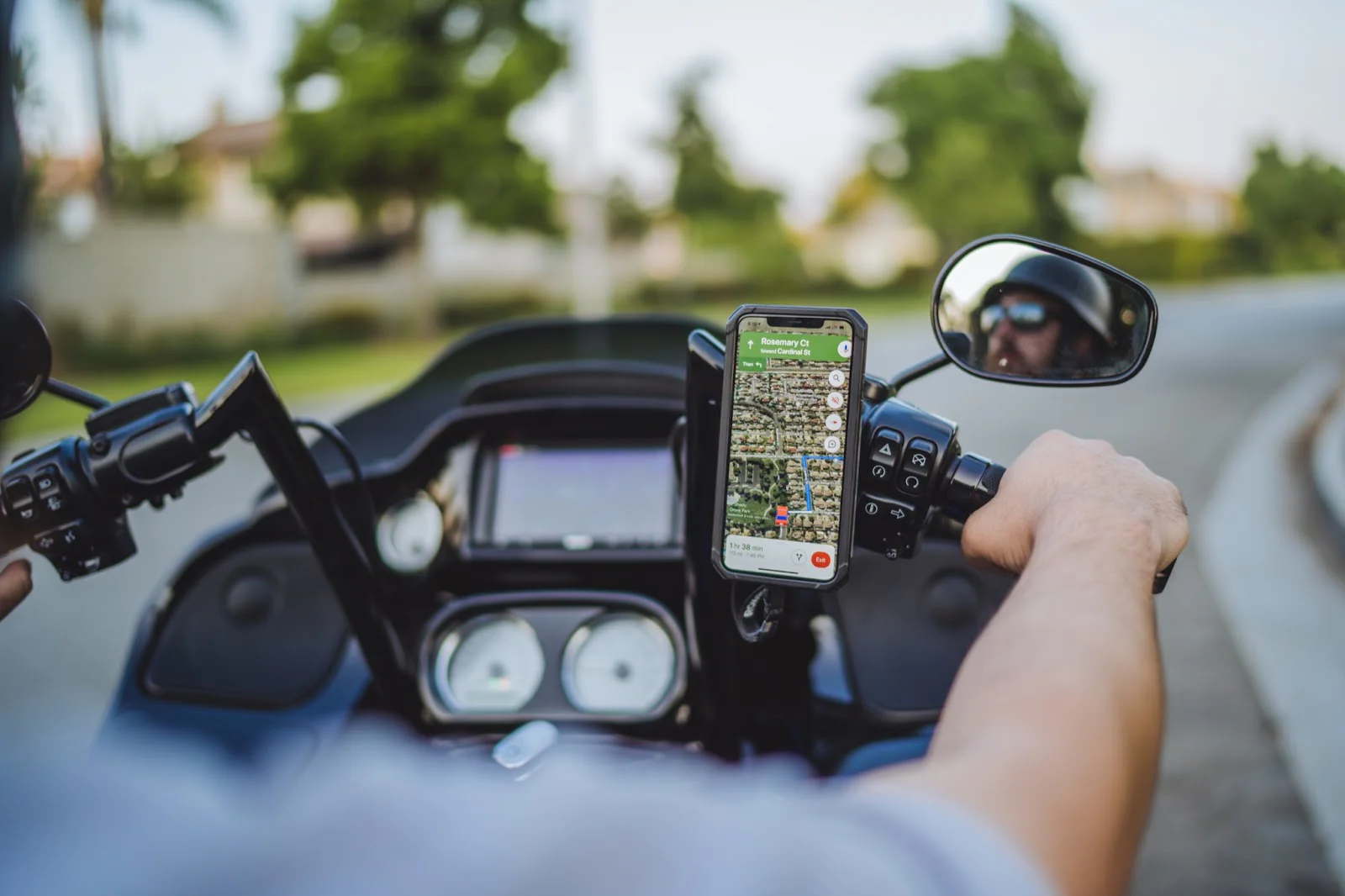
The single most important factor when purchasing a motorcycle is the miles. 30,000 to 50,000 miles is considered high for any motorcycle; however, cruisers and touring bikes can easily reach 100,000 miles or more. Depending on the extreme conditions, sport bikes and off-road motorcycles will have considerably fewer miles.
Several factors affect the longevity, reliability, performance, and value of a motorcycle. The make, model, and maintenance history play a significant role in how an older bike is valued. When considering a purchase, a VIN check is vital, along with comparing present mileage to the lifespan of similar bikes.
Buyers must closely assess any maintenance records and have a trusted mechanic perform a thorough pre-purchase inspection.
Table of Contents
ToggleHow Many Miles Is a Lot for a Motorcycle?

Mileage on a motorcycle is a strong indicator of value and how well the bike will run in the future. No definitive answer exists when considering “What is high mileage for a motorcycle?” Thorough research that considers usage, make and model and a well-documented history report is required.
Factors to consider:
- Cruisers and touring bikes are built for smooth, comfortable riding positions and long mileage runs. Frames, engines, electrical systems, wheels, tires, and other components come from the factory with longevity and reliability built into the bike. Cruisers have an average lifespan of 50,000 miles and can last far past 100,000 miles if maintained properly.
- Sportbikes and off-road cycles are built for adventure, and high mileage is possible but rarely achieved. Sport bikes have an average lifespan of 30,000 and can last longer with a good maintenance schedule. These specialized bikes are built to handle rough and muddy terrain with ease.
Factors Affecting High Mileage
Motorcycles are complex creatures that few riders genuinely understand. The definition of high mileage depends on several factors, and any buyer must know what influences the value and price of the bike they want to purchase.
- Regular maintenance is critical to longevity and enjoying the bike well into the future. Buyers must always have a critical eye on how the bike is maintained. A well-documented VIN check can answer a lot of questions about how the bike was maintained.
- Smaller engines tend to lose efficiency as the miles increase if ridden hard and not maintained properly. Large cruisers and touring engines are built for high mileage and smooth riding conditions.
- Aerodynamics plays a critical role in high-mileage motorcycles. Well-made, streamlined bikes cut through wind resistance with ease, making each mile driven more efficient.
- Aggressive driving habits, quick starts and stops, and constant driving on rough terrain can impact the lifespan of the bike.
Pros and Cons of High Mileage Motorcycles

Some motorcycles are built to last a lifetime, while others are designed for short-term adventures and rough terrain.
Pros
- High-mileage bikes offer good value for the money. Buying a high-mileage bike may give the same performance at a lower cost.
- Cruisers and touring bikes have engines that are built to last a lifetime.
- Experienced owners usually replace engine parts and other components with quality OEM components, making the bike better than new. Always look for one-owner bikes. These motorcycles are generally in better condition.
- Motorcycles with high mileage and several rebuilds can be as reliable as a bike with lower mileage.
Cons
- Be wary of extremely low mileage bikes; it is easy to swap out odometers and unhooked speedos.
- Buying any high-mileage motorcycle will always have hidden issues and costs that need to be discovered before driving off into the sunset. Always check the VIN number to uncover hidden problems.
- Visual inspections to uncover any frame damage or structural defects are a necessity.
- Older bikes that have not been maintained properly will have high running costs and maintenance.
The Importance of a VIN Check
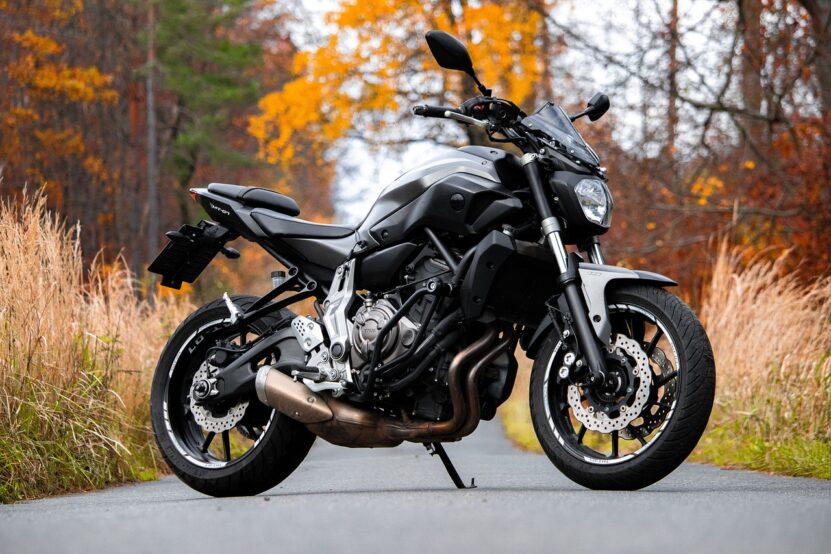
Nothing is more vital than a well-documented VIN check with GoodCar when buying a used motorcycle. Sellers are notoriously tight-lipped about the bikes they are selling; VIN checks uncover any structural damage or major repairs.
The 17-digit vehicle identification number acts as the motorcycle’s fingerprint, telling potential buyers the true make, model, engine type, and mileage. Odometer fraud is one of the major crimes involving motorcycles. The VIN check uncovers problems with the title, such as a salvage or total loss. Outstanding liens or debts and whether the bike has been stolen are uncovered.
Never buy any used motorcycle without running a Quality VIN check.
Tips for Extending the Life of Your Motorcycle
There are basic tenets for extending the life of a motorcycle.
- Always store the bike properly; never leave it out in the open. If there is no garage, purchase a fitted cover.
- Never overtax or redline the engine.
- Ensure the bike is lubricated correctly and on a frequent schedule. The suspension linkage, wheel bearings, swingarm, steering head bearings, and other similar components are susceptible to binding.
- Perform a cold start to make sure the bike starts immediately.
- Bikes that are not stored properly can lead to corrosion of the brakes and parts. Brake fluid absorbs water and may cause internal corrosion of the calipers.
- Control and clutch cables should always be inspected when changing oil and other fluids.
Purchasing a high-mileage motorcycle can be one of the best life experiences or a nightmare. Always run a VIN check to understand your bike’s history; there is no factor more important!
Proper maintenance on tires, wheels, batteries, and filters extends the life of your bike. Aggressive driving habits affect high-mileage bikes more than brand-new ones, so go easy and stay away from rough terrain.
Related Posts:



